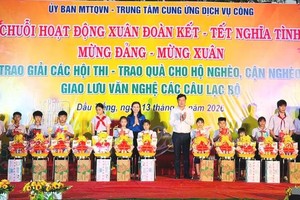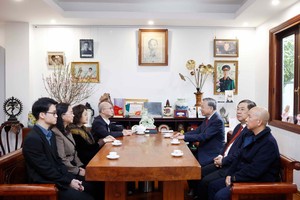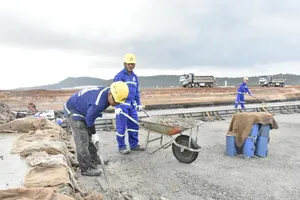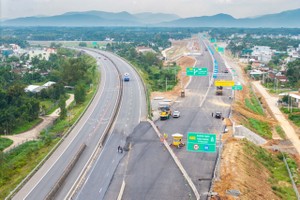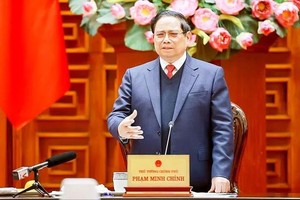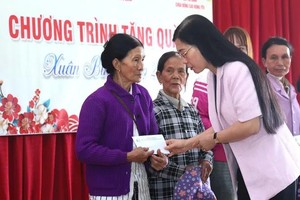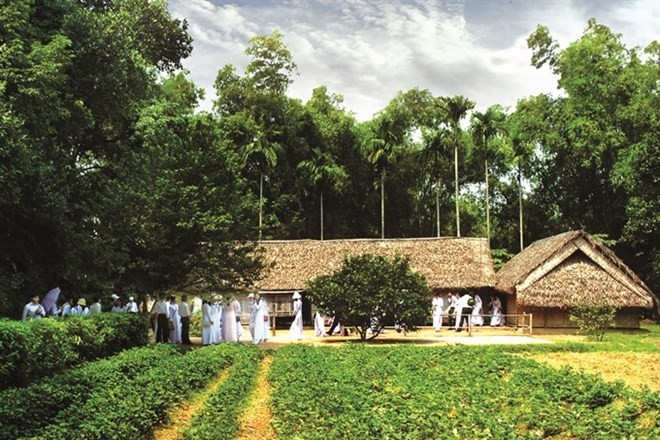
The plan aims to preserve, restore and promote the value of the site, and honour the life and career of President Ho Chi Minh.
It covers 278.86 hectares, comprising of Sen Village, Hoang Tru Village, Chung Mountain relic site, the tomb of Hoang Thi Loan (President Ho Chi Minh’s mother), surrounding agricultural land areas around Chung Mountain site and Lien Minh Village of Kim Lien Commune.
The farming area surrounding Chung Mountain was added to the master plan to preserve the local “huyet rong” rice and traditional countryside architecture.
Per the plan, specialists will examine the technical facilities of the Memorial Site and other relic sites of Kim Lien and Nam Giang communes, examine local intangible cultural heritage and research the relationship of the local community to the relic site. They will also study tourism activities at the site.
Specialists will also forecast the development of the area including proportions of population, labour, visitors, social infrastructure, the urbanisation process, ratios for developing tourism, effects of climate change on the relic site and the environmental landscape at the site.
Experts will develop plans for preserving and developing the relic site. They hope to restore the site based on fundamental principles for organising natural landscapes and new buildings.
The master plan will be divided into project groups for restoration. The groups include constructions that were originally planned in 2003 and have not been implemented yet, infrastructure work, supporting constructions, intangible culture research and tourist development efforts.
It covers 278.86 hectares, comprising of Sen Village, Hoang Tru Village, Chung Mountain relic site, the tomb of Hoang Thi Loan (President Ho Chi Minh’s mother), surrounding agricultural land areas around Chung Mountain site and Lien Minh Village of Kim Lien Commune.
The farming area surrounding Chung Mountain was added to the master plan to preserve the local “huyet rong” rice and traditional countryside architecture.
Per the plan, specialists will examine the technical facilities of the Memorial Site and other relic sites of Kim Lien and Nam Giang communes, examine local intangible cultural heritage and research the relationship of the local community to the relic site. They will also study tourism activities at the site.
Specialists will also forecast the development of the area including proportions of population, labour, visitors, social infrastructure, the urbanisation process, ratios for developing tourism, effects of climate change on the relic site and the environmental landscape at the site.
Experts will develop plans for preserving and developing the relic site. They hope to restore the site based on fundamental principles for organising natural landscapes and new buildings.
The master plan will be divided into project groups for restoration. The groups include constructions that were originally planned in 2003 and have not been implemented yet, infrastructure work, supporting constructions, intangible culture research and tourist development efforts.





